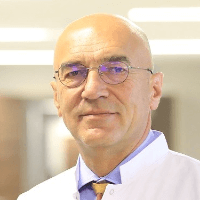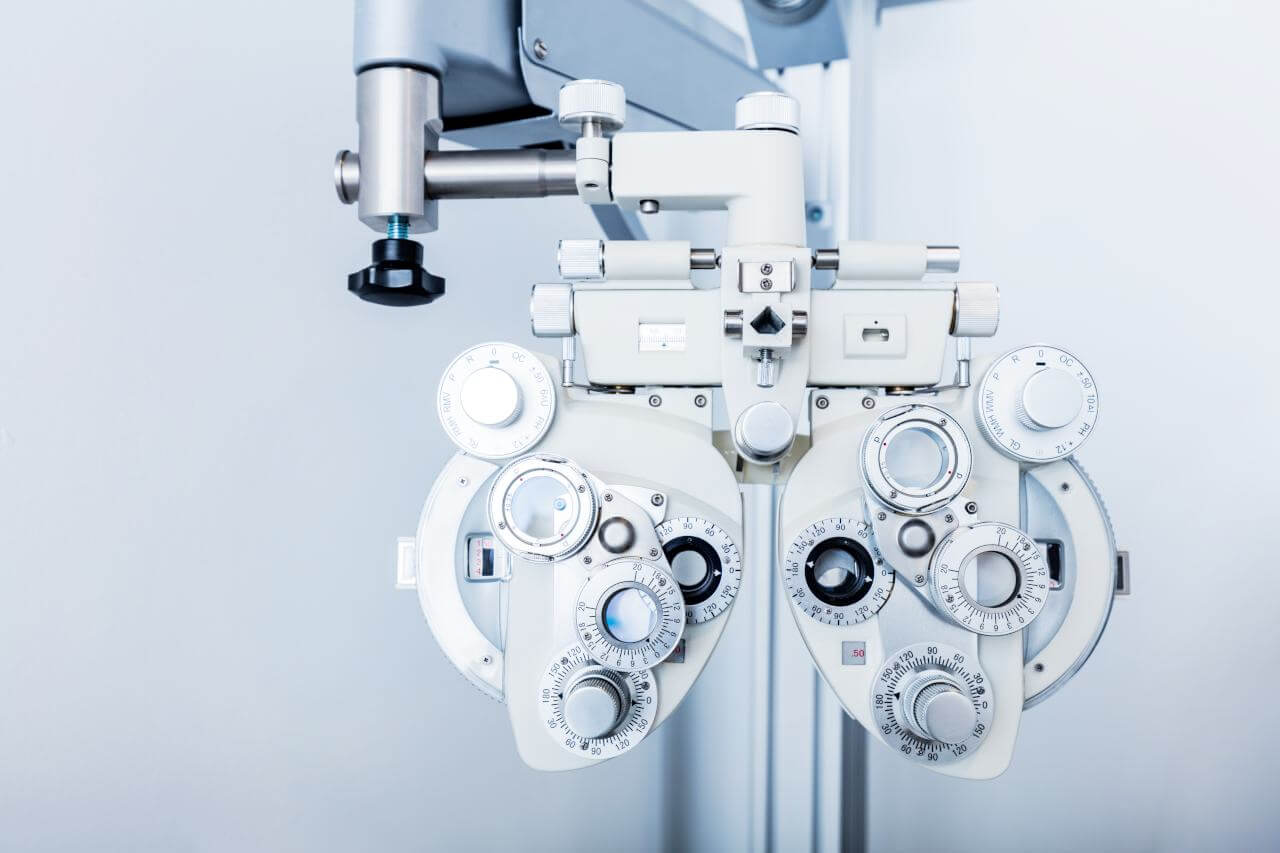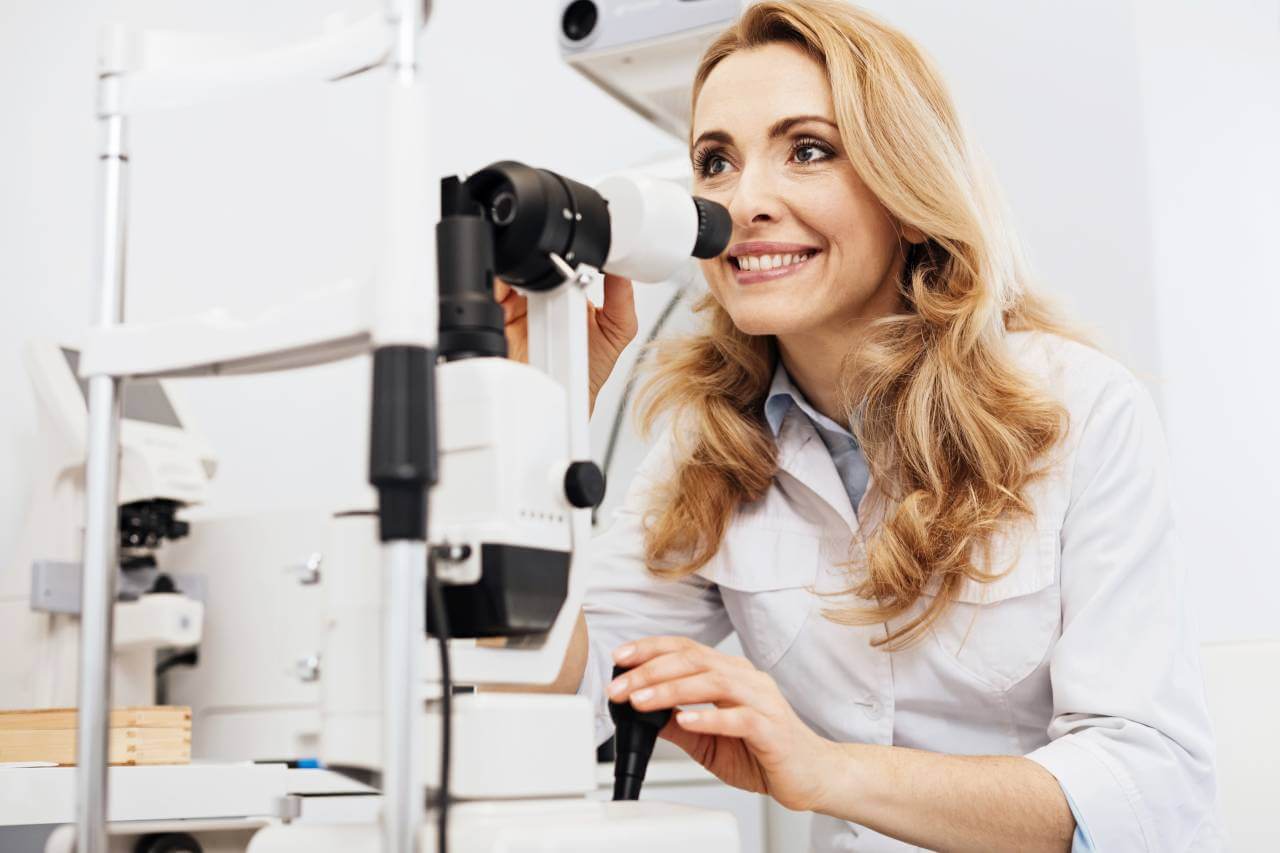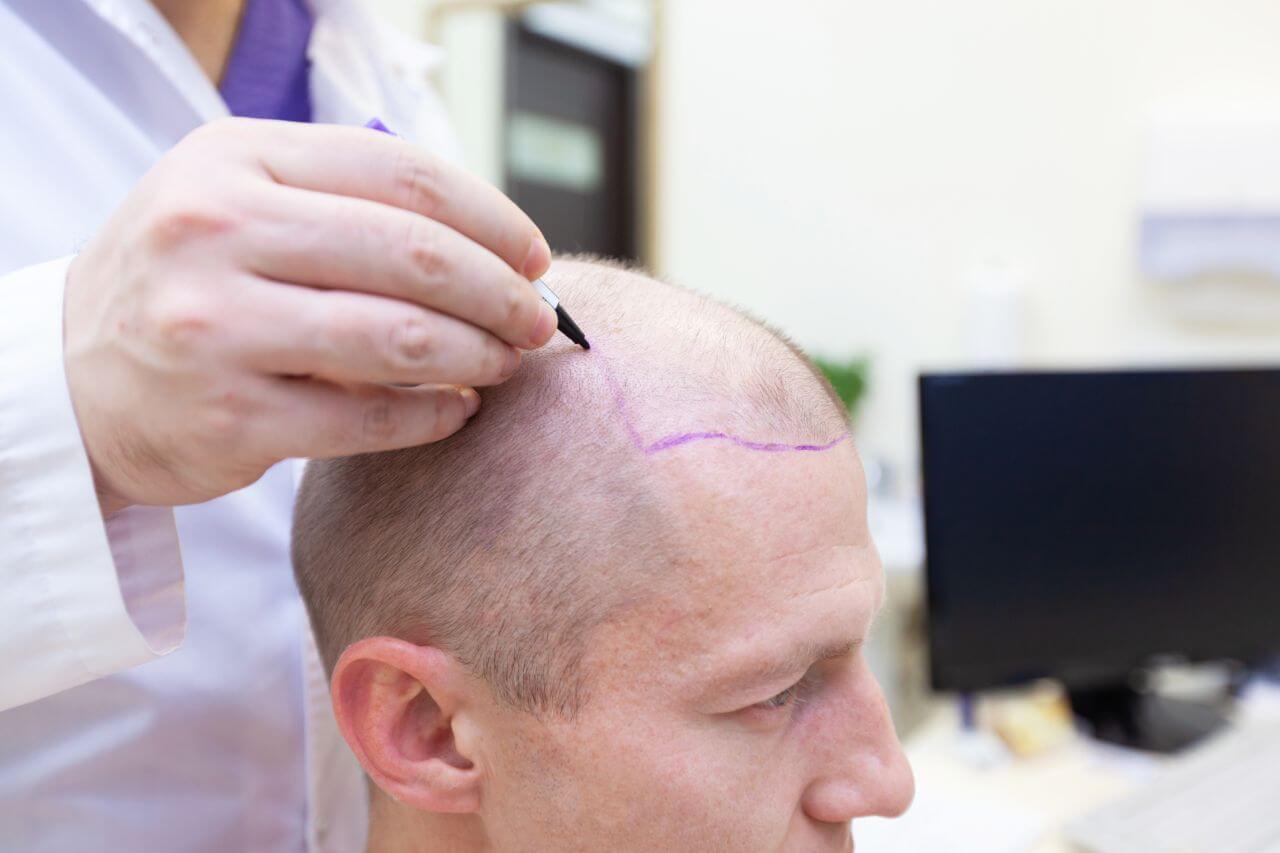
The program includes:
- Initial presentation in the clinic
- clinical history taking
- review of medical records
- physical examination
- laboratory tests:
- complete blood count
- biochemical blood test
- inflammation markers (CRP, ESR)
- blood coagulation analysis (aPTT, PT, INR)
- ophthalmological examination:
- slit lamp examination
- pupil examination
- ocular motility examination
- ophthalmoscopy
- perimetry (visual field test)
- computer perimetry
- visometry (without correction and with correction)
- keratometry
- pachymetry
- refractometry (objective, subjective, cycloplegic)
- autorefractometry
- non-contact tonometry
- fluorescein angiography (if indicated clinically)
- optical coherence tomography OCT (if indicated clinically)
- gonioscopy
- photokeratoscopy
- doppler ultrasound of the retinal vessels
- nursing services
- consultation of related specialists
- treatment by chief physician and all leading experts
- explanation of individual treatment plan
Required documents
- Medical records
- Retinal fluorescein angiography (if available)
- Optical coherence tomography (if available)
Service
You may also book:
 BookingHealth Price from:
BookingHealth Price from:
About the department
The Department of Ophthalmology at the Okan University Hospital Istanbul offers the full range of modern diagnostic and therapeutic methods for patients with diseases of the eye and its appendages. The department's ophthalmologists have excellent medical equipment for the detection of the causes of visual impairment and establishment of an accurate diagnosis, which serves as a basis for the development of the optimal treatment regimen. In addition, the department is equipped with the cutting-edge laser technologies, which help the doctors to effectively solve many ophthalmic problems, without a surgical intervention. The treatment is provided in accordance with the current clinical protocols of both national and international professional societies. The department is headed by Prof. Dr. med. Emrullah Taşındı.
The treatment begins with a consultation, during which the ophthalmologist asks the patient about his complaints and carries out vision testing using a special table. Then the doctor prescribes diagnostic examinations, which will help him to obtain comprehensive information about the state of the eye apparatus: autorefractometry, retinoscopy, optical coherence tomography, tonometry, biomicroscopy, slit lamp exam, visual field testing and other medical procedures.
The department provides conservative, as well as laser and surgical treatment of eye pathologies of varying severity. Refractive errors (for example, hyperopia, myopia, astigmatism, etc.) are corrected with the advanced laser technology. The treatment mostly involves the use of the excimer lasers and LASIK technology. As of today, they are the most effective and demonstrate high success rates. The surgical treatment is indicated for patients with cataract (seamless phacoemulsification using local eye drop anesthesia), glaucoma, diplopia, retinal detachment and other eye diseases. In most cases, the laser procedures and surgical interventions are carried out on an outpatient basis, without hospitalization.
The department's range of medical services includes:
- Diagnostics and treatment of cataract
- Diagnostics and treatment of glaucoma
- Diagnostics and treatment of retinal detachment
- Diagnostics and treatment of eye and orbital tumors
- Diagnostics and treatment of traumatic injuries of the eye and its appendages
- Diagnostics and treatment of diabetic retinopathy
- Diagnostics and treatment of diseases of the lacrimal glands and lacrimal canals
- Diagnostics and treatment of refractive errors (myopia, hyperopia, astigmatism, presbyopia)
- Diagnostics and treatment of strabismus
- Diagnostics and treatment of other eye diseases
The department specializes in the following treatment methods:
- Laser vision correction
- Eye microsurgery
- Cataract removal
- Vitrectomy
- Intraocular injections
- Laser surgery for vision correction
- Stenting of the eye vessels
- Oculoplastic surgery
- Eyelid, lacrimal passage and orbital surgery
- Orbital cancer surgery
- Other therapeutic methods
Curriculum vitae
Prof. Dr. med. Emrullah Taşındı is the Сhief Physician of the Department of Ophthalmology at the Okan University Hospital Istanbul. He entered the Faculty of Medicine at the Hacettepe University in 1974 and received his Doctoral Degree in 1980. In 1980, he began his postgraduate specialized training in ophthalmology in the Department of Ophthalmology at the Faculty of Medicine of the Hacettepe University. In 1984, he had his board certification in ophthalmology. In 1984, he also entered the military service as Ophthalmologist at the Gumussuyu Military Hospital in Istanbul. In 1985, he received the title of Assistant Professor at the GATA Haydarpasa Training and Research Hospital. In 1995, the specialist was awarded the title of Professor. In 1987, he opened Veni Vidi Clinic, which he transformed into the Specialized Eye Clinic in 1992 and held the position of Chief Physician until 2009.
The priority areas of specialization of Dr. Emrullah Taşındı include the treatment of cataract, glaucoma, diplopia, as well as the selection of contact lenses. The professor became the first ophthalmologist in Turkey, who in 1992 began the treatment of visual impairment using an excimer laser. In addition, Dr. Emrullah Taşındı is actively involved in teaching activities in Turkey and abroad.
Prof. Taşındı took part in congresses and symposia of such professional societies as the Turkish Ophthalmological Association, Turkish Cataract Association, Turkish Glaucoma Association, American Society of Cataract and Refractive Surgery, American Academy of Ophthalmology, European Society of Ophthalmology, International Society of Refractive Surgery and others.
Photo of the doctor: (c) Okan University Hospital
About hospital
The Okan University Hospital Istanbul is a famous multidisciplinary medical complex in Turkey, leading its successful clinical practice on the basis of the university with the same name. The hospital began its work in 2016 and during this short time won the primacy in the national medical arena. The hospital was built according to world medical standards and has excellent advanced medical and technical resources. In addition, the hospital employs a huge team of competent specialists, consisting of more than 500 people, who work for the benefit of their patients. This number of employees includes 100 specialized doctors of the highest category, who repeatedly underwent internships and advanced training courses in developed countries of Europe and the United States.
The medical facility includes more than 40 highly specialized departments, 11 diagnostic rooms, 10 high-tech operating rooms, a laboratory for the full range of tests, as well as an in-house research center, which develops innovative diagnostic and treatment methods. It is noteworthy that the doctors of the hospital adhere to an individual and interdisciplinary approach to each patient, which guarantees the best treatment results.
The hospital offers high-quality diagnostics and treatment in almost all fields of modern medicine. However, such fields as ophthalmology, plastic surgery and hair transplantation are particularly popular. The specialists of these medical fields admit for treatment not only Turkish citizens, but also many patients from other countries of the world, including the EU and Arab countries.
It is also important that the hospital has created optimal conditions for the most comfortable hospitalization of patients. The patients are under the monitoring of experienced and friendly nursing staff, while the attending physicians devote enough time for personal consultations, as such approach helps to establish contact and build trusting relationships.
Photos: (c) depositphotos
Accommodation in hospital
Patients rooms
The patients of the Okan University Hospital Istanbul live in cozy rooms with all the amenities for a comfortable stay in the hospital during the treatment. The standard patient room includes an automatically adjustable bed, a bedside table, a wardrobe,a table and chairs for receiving visitors, and a TV. Each patient room has an ensuite bathroom with shower and toilet. The rooms are made in modern design and light colors. Many rooms have large panoramic windows. For the safety of patients, the windows in the rooms cannot be opened fully, only for ventilation.
Meals and Menus
The patient and the accompanying person are offered tasty and balanced three meals a day. If for some reason you do not eat all foods, you will be offered an individual menu. Please inform the medical staff about your food preferences prior to treatment.
Further details
Standard rooms include:
Accompanying person
During the inpatient program, the accompanying person can live with the patient in a patient room or a hotel of his choice. Our managers will help you choose the most suitable option.
Hotel
During an outpatient program, the patient can stay at the hotel of his choice. Our managers will help you choose the most suitable option.





